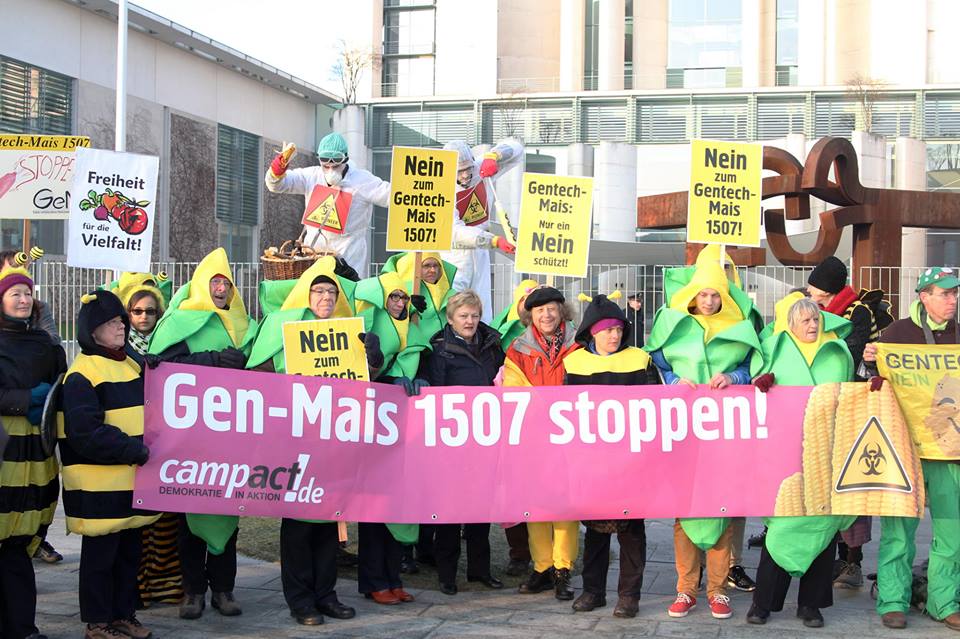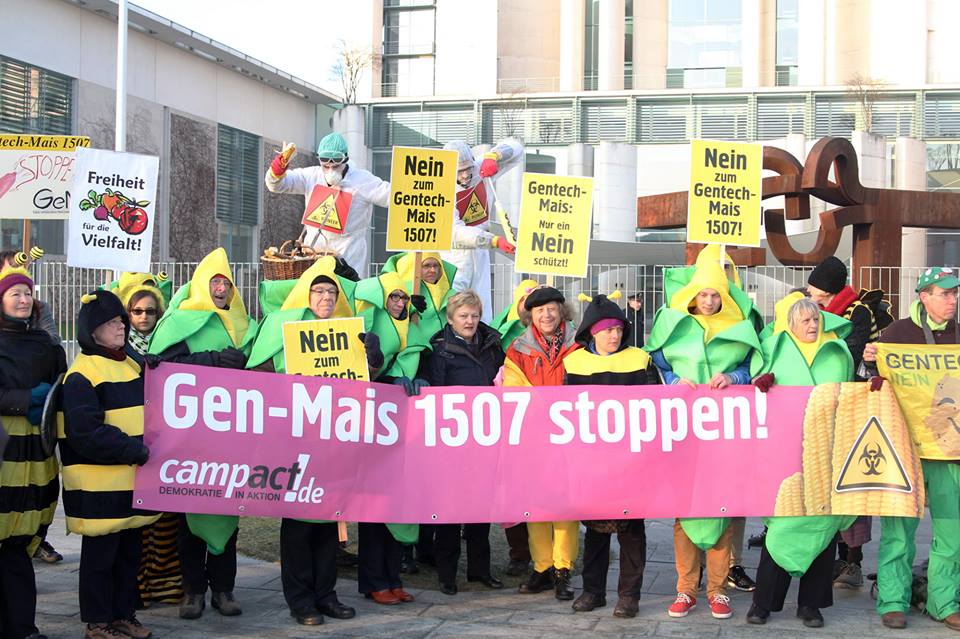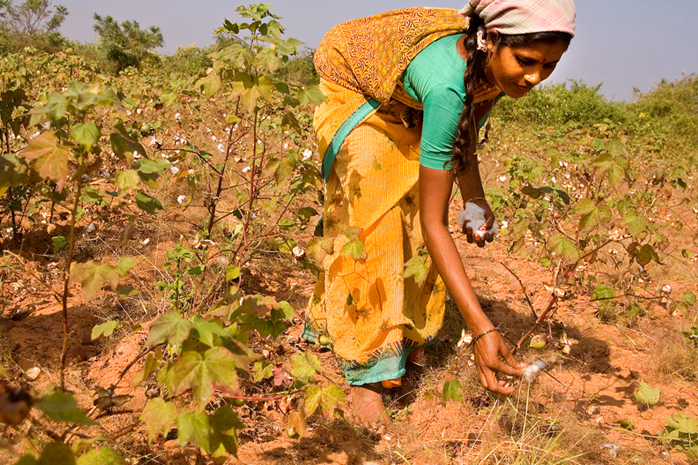The EU’s paralysis with respect to decision-making on genetically-modified crops was illustrated once again at last Friday’s (27 January 2017) meeting of the Standing Committee on Plants, Animals, Food and Feed when the committee failed to reach a qualified majority either for or against the renewal of the cultivation licence for the GM maize MON810 (currently the only GM crop licensed for cultivation in the EU) as well as on authorisations for cultivation of two other GM varieties ‘maize 1507’ and ‘Bt11’.
This is despite the fact that 19 Member States have excluded all or part of their territory from the cultivation of these three GMOs, pursuant to the provisions of Directive (EU) 2015/412 (the ‘cultivation opt-out’ directive).… Read the rest



